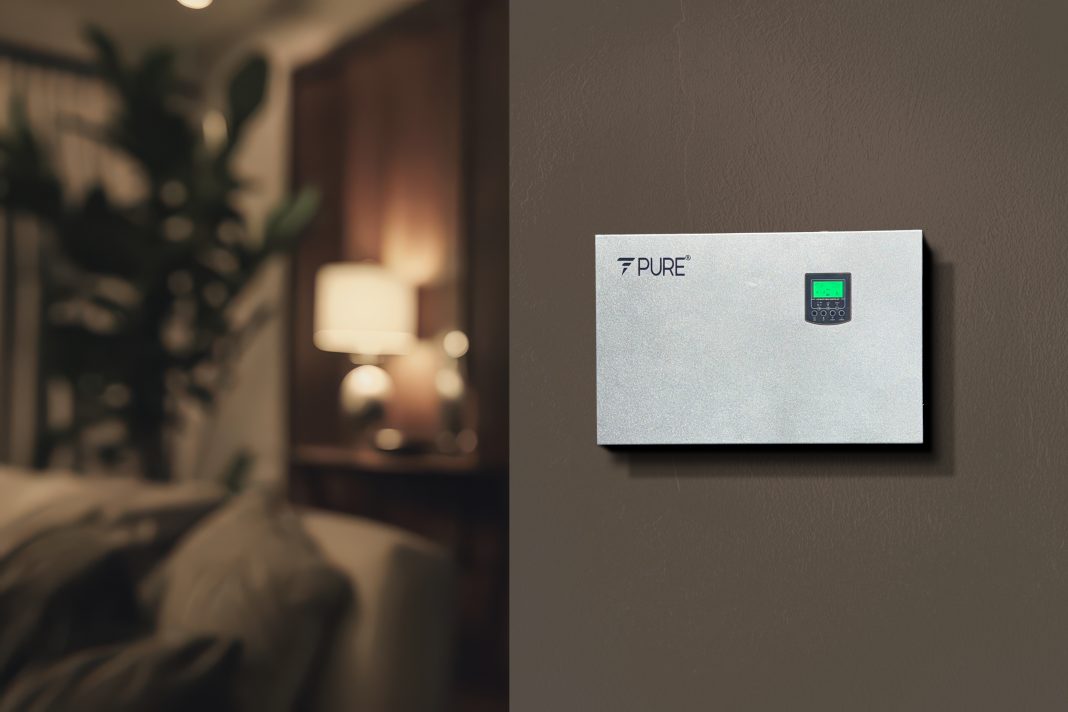Electricity has become such an invisible lifeline in our daily lives that we barely notice it—until it disappears. In many parts of India, power outages are common during monsoons, heatwaves, or even sudden grid failures. The inconvenience goes beyond just a dark room; fans stop spinning, refrigerators warm up, water pumps halt, and even internet connectivity disappears. For families, students, and remote workers, these interruptions can disrupt routines and create unnecessary stress. This is where a reliable power backup battery for home becomes a game-changer, ensuring that your essential appliances and devices continue to function seamlessly.
Understanding How Home Backup Batteries Work
At its core, a home power backup battery is designed to store electricity and supply it to your home when the main grid fails. Unlike traditional diesel generators that can be noisy, require fuel, and need constant maintenance, modern battery-based systems are quiet, efficient, and environmentally friendly. These batteries can charge from the grid during normal power supply hours or from solar panels, storing energy for later use. The ability to switch automatically during an outage ensures that your home remains functional without any manual intervention, giving you peace of mind.
Advantages of Installing a Power Backup Battery
Investing in a home backup battery goes beyond convenience. It protects your food and electronics from damage caused by sudden power cuts or voltage fluctuations. Families no longer have to worry about spoiled perishables, and professionals working from home can maintain productivity even during blackouts. The systems also contribute to energy efficiency, especially when paired with solar panels. By storing excess energy generated during the day, homeowners can rely on clean, sustainable power at night, reducing dependence on the grid and lowering electricity bills over time.
Choosing the Right Backup System for Your Home
Selecting the right battery system requires considering your household’s power needs. Some homes may only require backup for essential appliances like lights, fans, and refrigerators, while others may want full-house coverage, including air conditioners, water heaters, and entertainment systems. Factors such as storage capacity, battery type, and lifespan play a crucial role in deciding which system fits best. Lithium-ion batteries have become popular due to their longer life, efficiency, and compact size, though lead-acid batteries are still used in some setups because of their lower upfront cost.
Maintenance and Longevity
A power backup battery for home is an investment, and like any investment, it requires proper care. Regular charging, keeping terminals clean, and ensuring proper ventilation can significantly extend the battery’s lifespan. Modern systems are designed for minimal maintenance, but periodic professional inspections help catch potential issues before they affect performance. Taking these precautions ensures that the backup system is always ready to support your home whenever the grid fails.
The Role of Technology in Modern Home Power Backup
Technological advancements have transformed home backup solutions into smarter, more user-friendly systems. Many modern batteries can be monitored through mobile apps, allowing homeowners to track energy usage, check battery health, and even schedule charging during off-peak hours to save on electricity costs. Integration with home automation systems is also becoming more common, enabling users to control and optimize power usage seamlessly. This trend is making energy resilience not only more accessible but also more intelligent.
Why This Matters for Everyday Life
Power outages aren’t just minor inconveniences; they disrupt routines, create stress, and can even cause financial losses in some cases. A reliable backup system ensures that families can continue their daily activities without interruption. Students can complete online classes, remote workers can finish important meetings, and households can maintain comfort, even during extended outages. A home equipped with a backup battery is essentially future-proofed against unpredictable grid failures.
Conclusion
Investing in a power backup battery for home is more than just buying a piece of equipment—it’s securing continuity, comfort, and peace of mind. With the ability to handle unexpected outages, protect appliances, and support sustainable energy use, these systems have become essential in modern households. In a world where electricity is indispensable, a backup battery ensures that your home remains powered, your life uninterrupted, and your stress levels low.

